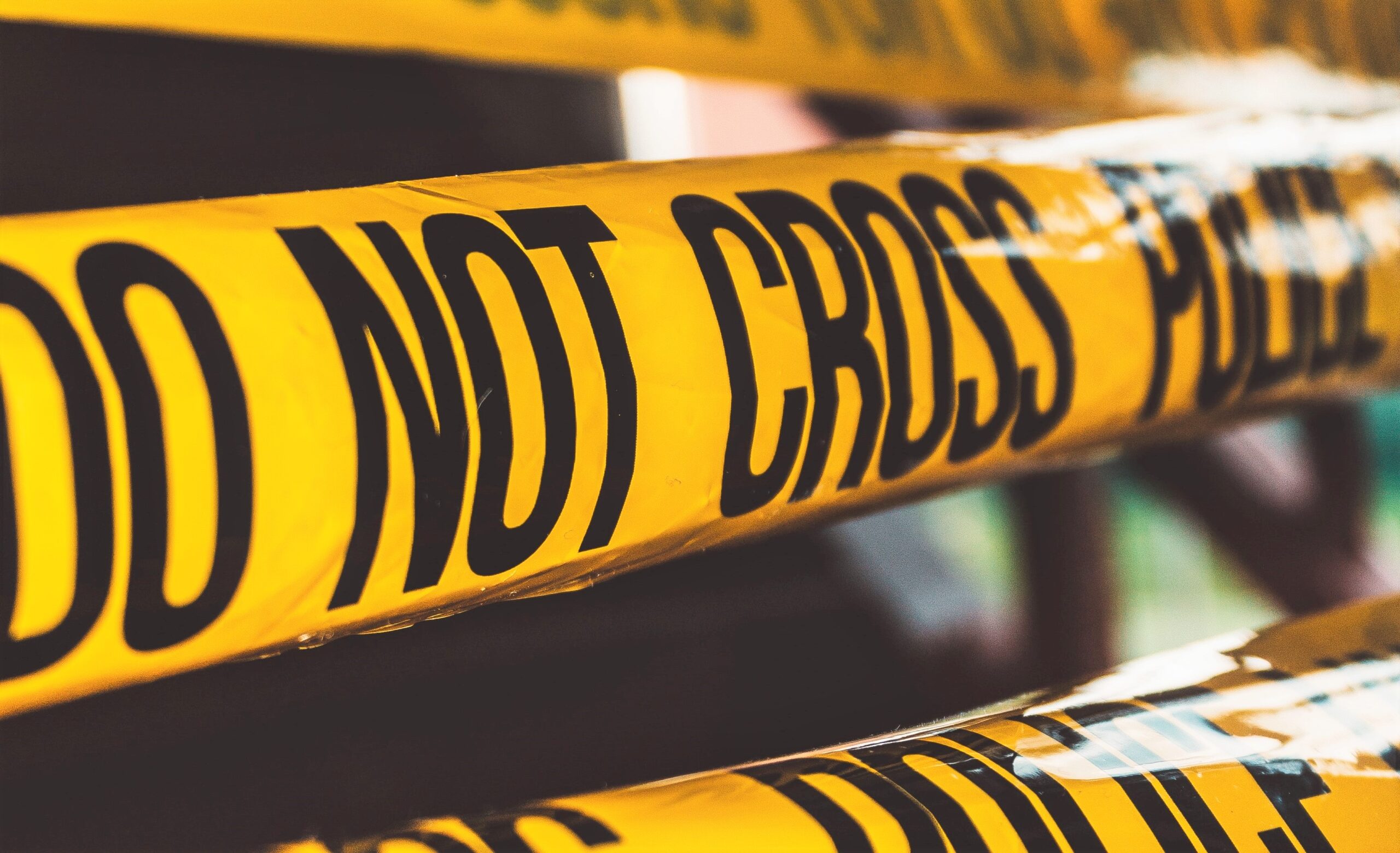WHY is a natural and human question. I’m not a psychologist, I’m a journalist who has spent a career exploring what some evil, disturbed humans can do to fellow humans. But while it might be natural and human to want to know, we must be patient. Partly because it’s not always evil we’re seeing.
We leapt to quick conclusions about many of America’s most notorious mass murderers – and we were wrong. We’ve leapt to conclusions about some of our recent crimes like Trayvon Martin and Michael Brown, and we were wrong.
Right now, the whole world awaits word of what happened in Uvalde TX, where one of the most deadly school shootings in the modern era happened only one week ago.
Those 19 children and two teachers weren’t supposed to die yet. Questions abound, as they always do in the days after such incomprehensible and unexpected tragedies. It might be weeks, maybe months, before science and old-fashioned investigation tell us what really happened. Whether people want to believe it or not, well, that’s a different question.
In our impatience we have sometimes become less civilized, maybe even less human.
Forensic evidence is the bedrock of justice. It doesn’t change its story or misremember what it saw. It doesn’t cower when a mob gathers on the courthouse steps. It doesn’t run away or go silent out of fear. It tells us honestly and candidly what we need to know, even when we want it to say something else. We must only have the wisdom to be able to see it and to interpret it honestly.
It just takes time.
We’ve seen these leaps to judgment before. They often support personal beliefs about issues like gun control, race, or police behavior. George Floyd, Charles Whitman, the Las Vegas Strip, Sandy Hook (to name a scant few) … all generated an immediate riot of “conclusions.” These days, within minutes, social media’s instant homicide detectives and forensic scientists are scattering misinformation and theories … which ultimately prove to be about 94% wrong.
One thread that ties these misbegotten cases together is our tendency, as humans, to leap to conclusions. We often see events through the prism of our own biases and form everlasting conclusions, even before we have all the facts. So one of the roles of forensic science is to deliver objective facts. It should tell us honestly and candidly what we must know as a society. Nevertheless, even with history’s most powerful forensic tools, these stories show that popular opinion and scientific facts are frequently at odds, sometimes violently.
Justice isn’t the same as revenge or punishment. It’s a fair, complete examination of the facts. Forensic evidence is the bedrock of justice. It doesn’t change its story or misremember what it saw. It doesn’t cower when a mob gathers on the courthouse steps. It doesn’t run away or go silent out of fear. It tells us honestly and candidly what we need to know as a society.
We can afford to wait for the right answers. They won’t be on Facebook.
Cover image by David von Diemer
